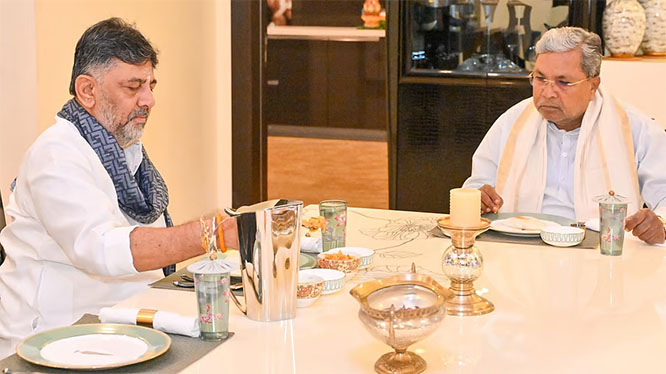
Bengaluru, Oct 16: Despite the Union government giving its nod to screen movies in theatres, only a handful of hall owners have come forward to open theatres from Friday.
Speaking to news agency, a theatre owner on condition of anonymity said that many theatre owners are sceptical to screen movies on the first day.
“Most of us are adopting the wait and watch policy in Karnataka, as we want to read the pulse of the viewers before opening the theatres,” he explained.
Karnataka Theatre Owners’ Association president K.V. Chandrashekhar said that there are 650 single screen theatres in the state and of this, 140 are located in Bengaluru alone, while 260 screens operate in various multiplexes across the state.
“Until now, the association has not got a clear assurance from its members as to who are going to open their theatres from Friday. A clear picture will only emerge on Friday,” he said.
He added that the biggest fear among the theatre owners is how the viewers will react. “It is not easy to predict now, as it will take at least five or six weeks to assess the correct picture about the theatre business,” he explained.
However, another source said that only about 15 to 20 theatre owners have explicitly shown interest to open on the first day.
“Covid has created panic among the people and we are no different. It is very clear that when the markets are in red, one cannot expect great returns. Film watching is always the last option for a common man, as his priorities like food and shelter should be fulfilled first. Then only he or she can think of coming for entertainment,” a theatre owner said.
However, most of the theatre owners in Bengaluru were busy cleaning and dusting the theatres, which are gearing up to screen movies.
The manager of a famous theatre in the Majestic area said on condition of anonymity that the viewers’ interest in watching movies in theatres is on a downward trend for the last two decades, ever since colour TVs coupled with cable network came into dominance.
The Majestic area once housed more than two dozen prominent theatres, but now half all of them have been converted into shopping complexes, he said.
According to him, in the 70s viewers used to come to Nartaki, a famous theatre, just for the sake of enjoying the ambience of the theatre. But now it is no more an attraction to the young crowd.
“Even multiplexes do not enthuse the viewers anymore. As people are getting accustomed to small screen viewing, viewers are deserting the theatres,” he said.
“It may not be easy for us to generate enough revenue to pay our staff’s salaries. We have to see how the viewers respond to the movies,” he added.
Speaking to news agency, noted script writer Satymurthy Ananduru said that it is not easy to attract viewers back to the theatres as most of the viewers have moved to the OTT platforms for their daily dose of entertainment.
“If the movie theatres are going to release old movies or movies which have already been streamed online, it would be difficult to attract viewers back to the theatres,” Ananduru said.
He observed that Bengaluru has always been cosmopolitan in nature even before the IT boom happened, unlike the neighbouring states which are full of avid movie buffs.
“Only one movie star enjoyed such craze — late thespian Dr Raajkumar. Such being the case, it is difficult to attract viewers back to the theatres in Bengaluru,” he said.






Comments
Add new comment